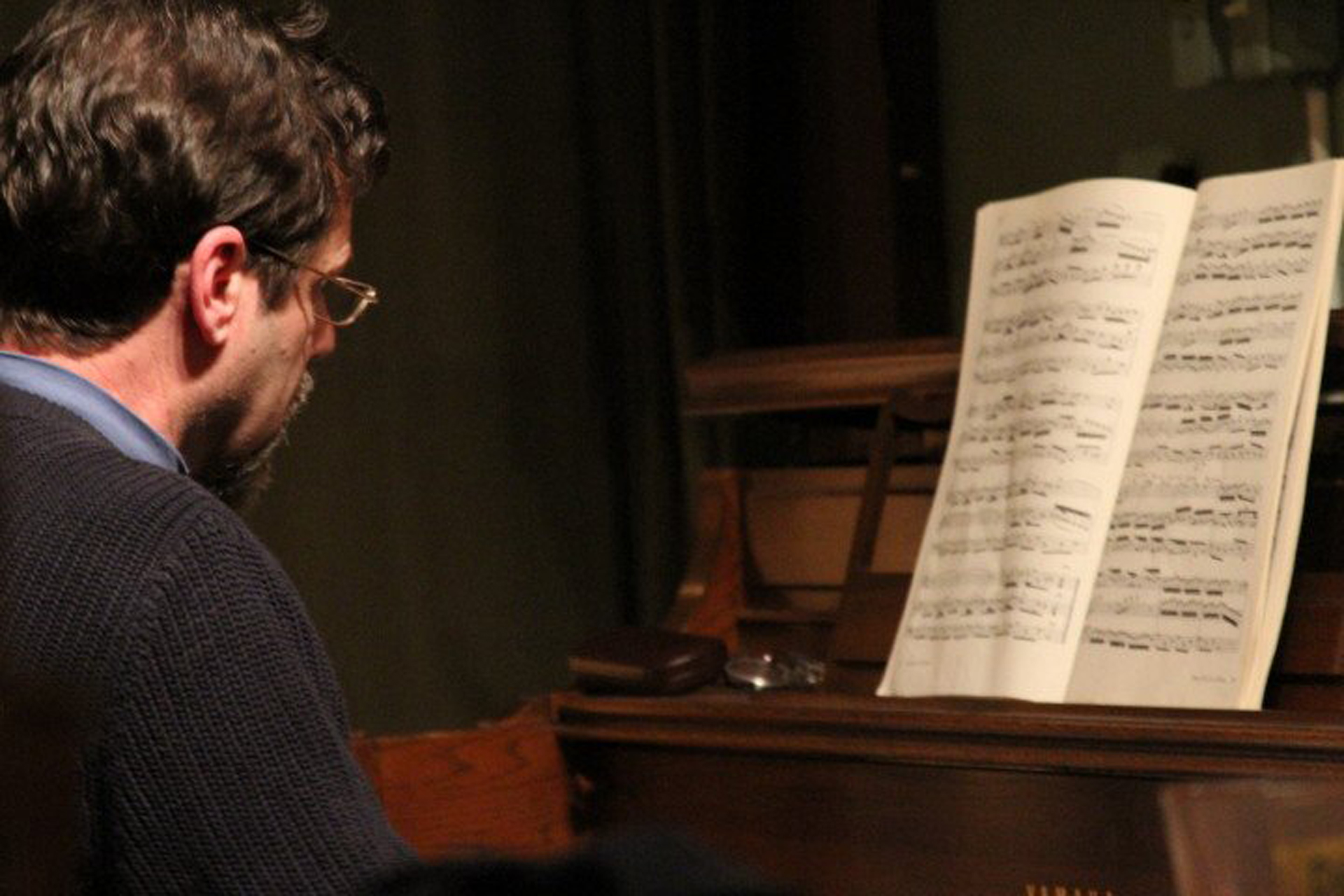
Artistic Statement: Frederick Adler
Modern Classical Music Composer and Pianist
Since I was born mid-twentieth century and have been involved with music most of my life the musical currents of the past half century have variously washed over me or entered more profoundly. It is hard sometimes to say which has happened in each specific case.
I trained as a composer initially in the late 60’s and early 70’s. That was a rigid and troubled time. The composer was under tremendous pressure to fit into a mold. Silent as a composer from the early 70’s until the mid 90’s I found that the air had cleared quite a bit when I returned. Now after over ten years back to writing music and some five working quite intensively I am beginning to understand the new scene a bit better. While much more diverse and open than before there still exist the pressures to conform. As a musician with classical training and a first generation American with a more or less Viennese upbringing my goals and language are most profoundly influenced by my earliest musical experiences; first listening to and then from the age of 10 playing mostly the composers of the 18th century and early to mid 19th century. And then there is the popular and folk music of my time, primarily of the Americas. And most profoundly the currents of “serious” or “art” music which are diverse, splintered, rich in many ways but still utterly without a common language analogous to the common language of modern “popular” music or of “classical music” in the 18th and 19th centuries; the times which remain the touchstones for contemporary Western classical musicians however much they may try at times to deny it.
To speak of musical influences is in a sense dangerous because there are so many and one doesn’t want to force the listener into a rut looking for the similarities and differences from the master mentioned. I am more comfortable speaking of the influence of artists in other media. The poet, William Carlos Williams, and the painter, Paul Klee, are the two that come to mind. In music I can’t deny Paul Hindemith and Oliver Messiaen
William Carlos Williams speaks of “the search for language”, in his case for the incorporation of American speech rhythms into poetry, in mine for a melodic and harmonic language which strives for enough clarity to communicate with listeners not steeped in modern concert music but does not deny the history of the world, musical and nonmusical, over the past hundred years or so. No doubt the diversity and the difficulties of musical language in that time period do reflect the difficulties of the wider world during that era. I have lived through half of that time and, though to live does not necessarily mean to experience, the waves of artistic and non-artistic events have variously washed over me making little impact, carried me along in other cases or perhaps in some being obstinately resisted.
If one loves music and finds in it the greatest solace from life’s sufferings one wants to “make music”. But there begins the trouble because there are so many definitions for those two little words. Like the triplet, “I love you”, the duplet, “make music”, is rich with implication and fraught with ambiguity. They are no sooner said than inner and outer arguments begin since each of us hears these words differently; even perhaps means them differently each time we say them.